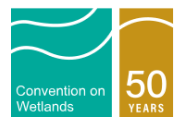Croatia’s island wetlands: how local initiatives can reverse trends
10 févr. 2021
Preserving freshwater resources and ecosystems is crucial to ensuring a future in which clean water is available to all. The conservation of wetlands is especially important on islands where freshwater sources are limited and the effects of climate change will have more and more impact on everyday life.
A group of organisations has set out to work on the conservation of the island wetlands in the Mediterranean Basin (project known as MedIsWet), with the support of MAVA. The objective is to replicate across all major Mediterranean islands a successful island wetlands conservation project previously carried out by WWF in Greece, by establishing a network of NGOs, institutes, universities and public authorities. The project includes inventories of all the Mediterranean island wetlands, knowledge sharing and the promotion of conservation measures at local, national and Mediterranean scale, along with advocacy action to influence national legal frameworks.
Boris Lauš from the Association Hyla, a MedIsWet partner organisation in Croatia, explains: “Throughout history, island wetlands have played a crucial role for human livelihoods. Today they are forgotten and often drowning in garbage, regulated and drained. As part of the MedIsWet project, we mapped and assessed the condition of 151 wetlands on 31 islands in the Adriatic. Although some of the islands are in good condition and slightly protected, a large number of the wetlands are still in danger of disappearing. Fortunately, some institutions have recognized the importance of conserving and restoring island wetlands.” Association Hyla is working in partnership with WWF Adria and collaborating locally with the Croatian public agency Natura Jadera for the wetlands’ restoration.
The Sakarun Pond, on the island of Dugi Otok in Croatia, is a great example of how local initiatives can reverse trends and contribute to island wetlands conservation. This small coastal wetland adjacent to the beach of Sakarun was in miserable condition for several years, as the contributing canal and wetland bed were filled with mud and organic material, and it served as a landfill for remains of Posidonia oceanica seagrass from the nearby touristic beach. After a successful inventory and networking phase in 2020, Association Hyla and Natura Jadera have now started to restore the pond and will thereby bring some well needed additional freshwater security to the island.
In addition, the Croatian partners will continue restoring other island wetlands. They will clean and improve the status of the ornithological reserve and one of the three largest lakes on the Island of Pag – Malo Blato.
This work is linked to MAVA’s action plan on enhancing the conservation of coastal wetlands. The conservation of wetlands, lakes and rivers is essential to secure our future and protect one of the fundamental human rights – the right to clean water.
First Published by the MAVA Foundation here


